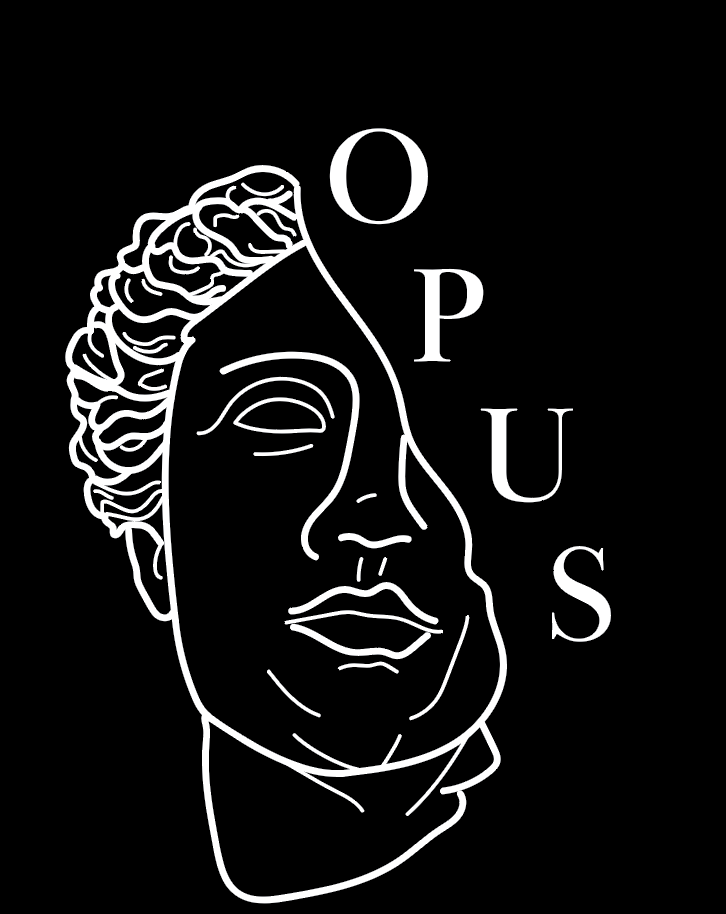Garrett’s Favorites List
As an English major, I have been blessed by professors and friends with a variety of acclaimed books and authors to investigate. I’m often asked by good intentioned friends or family, “What is your favorite book?” While I understand this question may often have little more intention than small talk, it is a question which seems to necessitate much more than a simple title and author response. Yes, I am fully aware this makes me sound like a nerd, and perhaps I am. However, the next time you get bored of your biology textbook, feel free to reminisce on Garrett’s Favorites List, and pick up one of these classics.
My first book is Wuthering Heights by Emily Brontë. Wuthering Heights is a novel my AP English course was assigned for summer reading in high school. I have wonderful memories of reading this novel in a lake house my uncle blessed my family with for a week. Although northern Vermont may have provided an ideal reading environment, the beautiful imagery, metaphor, and character development of this 1847 novel caught my attention. A cruel representation of love’s brutality paired with a tumultuous family makes for a non-superficial drama.
Next, I will speak of the great author, Fyodor Dostoevsky. A gritty Russian fellow, once sentenced to death for conspiring against the Russian government, Dostoevsky had his time in the muck before realizing his authorship heroism. One of the most appealing aspects of Dostoevsky to me is his Christian perspective. After being pardoned of his death sentence, Dostoevsky was assigned to a labor camp for ten years. Amidst his slaving away, he had only The New Testament to read. As a result, Dostoevsky had a intimate understanding of the faith. However, unlike so many purely positive Christian writings, Dostoevsky is not afraid to debate the philosophy and morality of religion in his writings. The Brothers Karamazov, a internationally renowned novel by Dostoevsky, addresses many religious and anthropocentric questions amidst an interesting four brothers and their father.
Finally, Ernest Hemingway. I expect everyone reading this name has heard it before. If not, you’re in an even better spot than those that do know the name. You have just discovered one of the best American authors of all time (you’re welcome), and now you can gorge yourself on his realities. I have been taking a course with Dr. Steven Hemenway, on Ernest Hemingway, this semester, and I have found almost every book we’ve read to be of my taste. That taste being for the sublime, often uncomfortable and raw, representations of the human experience. The Sun Also Rises, A Moveable Feast, and The Old Man and The Sea are just a few of my favorites of his. The Old Man and The Sea is barely over one-hundred pages, so maybe start there.
If you’ve made it this far, thank you, and now you can pick your next intellectual meal from my reading menu above.
Dostoevsky, Hemingway, Wuthering Heights Emily Bronte


Leave a Reply